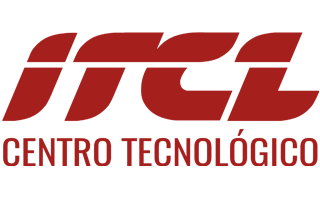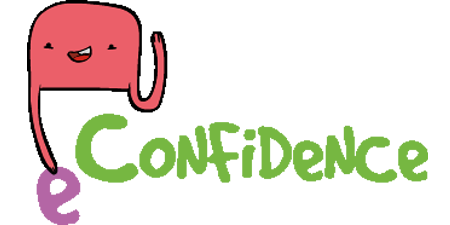 eConfidence, project to change behaviour in children through technology
eConfidence, project to change behaviour in children through technology
EUROPEAN PROJECT
File: 732420
ITCL leads the consortium of the European project eConfidence, which seeks to change behaviour in children through technology.
Serious games have become a popular tool for knowledge transfer, behavioural, perceptual or cognitive change, but at the same time, their effectiveness has been analysed in several studies aiming to answer the question whether they are an effective instrument for behaviour change.
Confidence in behaviour changes through serious games, hereinafter referred by its acronym eConfidence, is a project that aims to answer this question, by testing and researching how the use of serious game can have a positive impact in positive behavioural changes. As the core of the project is focusing on children, serious games and behavioural change, two such games will be developed and piloted in a school environment. The research results aim to increase the use of serious game in the classroom and mainly to reshape the ludic perception of games into a positive resource for young people, teachers, parents and carers.
eConfidence is a 24 months project that started in November 2016 and has received funding from the European Union’s Horizon 2020 research and innovation programme under grant agreement No 732420.
The eConfidence project will define a methodology and test it with two serious games developed considering behavioural aspects in relation with two themes: Safe Use of Internet and Bullying. Bullying game will be developed by ITCL.
The game testing will be structured in pilot actions, to be undertaken in 10 European schools throughout the 2017-2018 academic year. It will address 12-14 years old pupils and analyse the potential risks and challenges of the two themes, and specifically how confidence in behaviour changes through serious games.
Dissemination materials
eConfidence leaflet
Download leaflet in English – PDF
eConfidence poster
Download poster in English – JPG
eConfidence newsletter
Download project update n.1 – September 2017 – PDF


